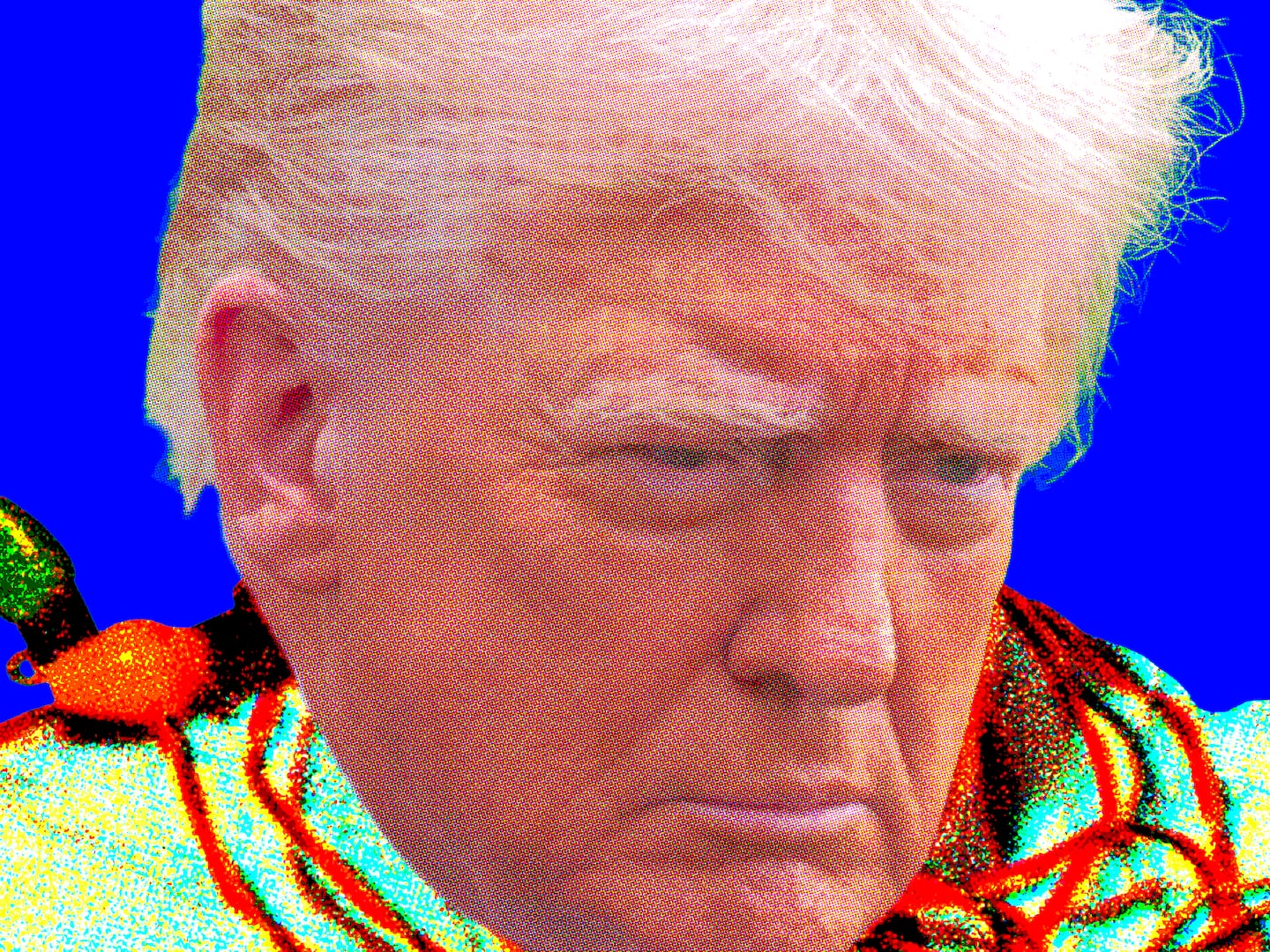When Snapchat first debuted, it offered something straight out of Mission Impossible: visual messages that self-destruct as soon as they are viewed. Then came the “Snappening” of 2014, in which hackers posted nearly 100,000 Snaps online, later revealed to be taken not from Snapchat itself but from Snapsaved.com, a third-party website that some used to save messages.
Now, Snapchat has updated its terms of service to expressly allow the storage of photos—a stipulation that seems antithetical to the ephemeral allure of the service.“You grant Snapchat a worldwide, perpetual, royalty-free, sublicensable, and transferable license to host, store, use, display, reproduce, modify, adapt, edit, publish, create derivative works from, publicly perform, broadcast, distribute, syndicate, promote, exhibit, and publicly display that content in any form and in any and all media or distribution methods (now known or later developed),” the new Terms of Service, updated on Oct. 28, say.
The terms also “grant Snapchat and our business partners the unrestricted, worldwide, perpetual right and license to use your name, likeness, and voice in any and all media and distribution channels.”
In non-legalese: The Terms of Service say that Snapchat can essentially do whatever it wants with your Snaps.
The document does specify that this content will be used for a “limited purpose,” but this limited purpose is not so limited after all. It includes making that content “available to our business partners for syndication, broadcast, distribution, or publication outside the Services,” leading some Snappers to worry that the company would sell their personal photos to advertisers.
Steve Wilson, principal analyst of safety & privacy at Constellation Research, told The Daily Beast that the update was a “predictable play for more monetization of photos—a sensational resource.”
After the update sparked widespread outcry from the Snapchat faithful, the company went on the backfoot in a Nov. 1 blog post, promising to make its policies “crystal clear.” But pressing questions about privacy on Snapchat remain.
“Snapchat is not—and never has been—stockpiling your private Snaps or Chats,” the blog post promised. “And because we continue to delete them from our servers as soon as they’re read, we could not—and do not—share them with advertisers or business partners.”
Key to Snapchat’s defense was an excerpted quotation from the company’s new privacy policy, which says that “those messages ‘are automatically deleted from our servers once we detect that they have been viewed or have expired.’”
But that quote, read in its full context in the company’s new privacy policy, qualifies that those messages are automatically deleted “in many cases,” with some exceptions depending on users’ choices. Further on, the company concedes, “We can’t guarantee that messages and corresponding metadata will be deleted within a specific timeframe.”
Wilson calls Snapchat’s focus on deletion a “red herring” in conversations about user privacy on Snapchat, noting that the company has “always left open the possibility of processing those pics before deleting them.” So, too, with the current concerns about the company selling photos to advertisers.
“Anxiety about selling photos misses the point,” Wilson said, noting that the personal information Snapchat could potentially derive from user images would likely more valuable to the company than licensing rights. The money, Wilson says, lies in the metadata that Snapchat can potentially glean from photos before they are erased, if and when they are.
In its Nov. 1 defense, Snapchat also claims that the late October update was chiefly cosmetic—a rewrite that would reflect “the way people actually talk,” and help the company be more “upfront” and “clear” with its users.
It is true that Snapchat’s broad licensing rights are present in previous versions of the Terms of Service. But a comparison to the November 2014 Terms of Service and Privacy Policy reveals key differences.
Two references to “privacy settings” that can limit Snapchat’s use of user-submitted content are no longer present in the latest version. And the guarantee that messages are deleted “in many cases” is a slight downgrade from last year when Snapchat promised that “most messages sent through our Services will be automatically deleted once they have been viewed or have expired.”
As it stands, the company’s Privacy Policy and Terms of Service make an odd pairing, one document promising that photos are generally deleted and the other reserving the right to store them. And, if Wilson is correct, the issue of deletion and storage may be largely tangential to broader issues of user privacy.
Snapchat could not be reached for comment on its policy changes. On Twitter, Snapchat told The Daily Beast that they “do not have a press number” and provided an e-mail address for business development inquiries. An e-mail sent to that address was not immediately returned.
Concerningly, Snapchat is retweeting defenses of its new privacy policy on its primary Twitter account, including one by a user who wrote, “[E]ven if Snapchat was stockpiling all my snaps, I’d still use it because I’m obsessed & have a problem.”






